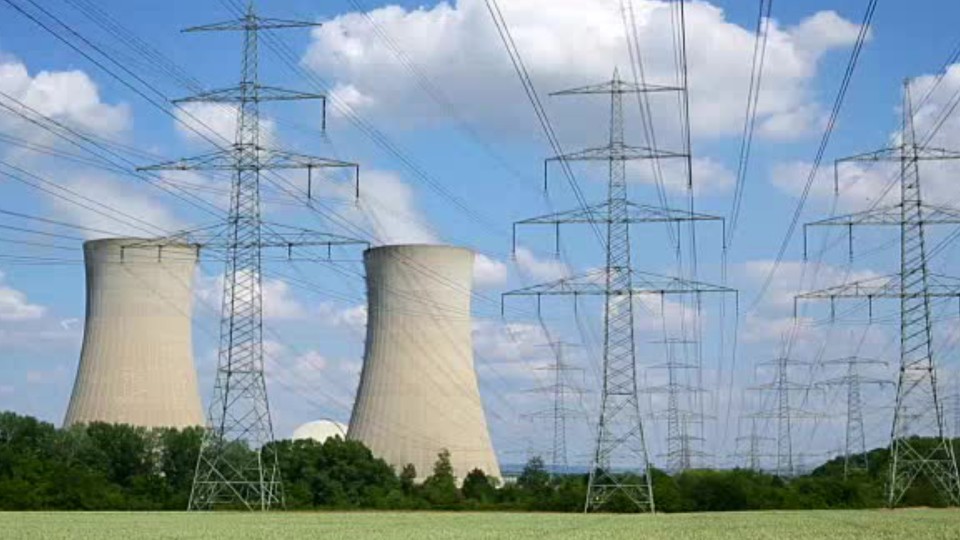Nuclear Monitoring Technicians
Health Physics Technician (HP Tech), Radiation Protection Specialist (RP Specialist), Radiation Protection Technician (RPT), Radiochemical Technician
 Select a military branch to see samples.
Select a military branch to see samples.
Bioenvironmental Engineer; Bioenvironmental Engineer, Environmental Engineering and Science; Bioenvironmental Engineer, General; Bioenvironmental Engineer, Health Physics; Bioenvironmental Engineer, Medical Physics; Bioenvironmental Engineer, Radiation; Emergency Management; Emergency Management Craftsman; Emergency Management Helper; Emergency Management Journeyman
Chemical, Biological, Radiological, and Nuclear (CBRN); Chemical, Biological, Radiological, and Nuclear (CBRN) Specialist; Chemical, Biological, Radiological, and Nuclear (CBRN) Warrant Officer; Medical Service Corps Officer; Nuclear and Countering Weapons of Mass Destruction (CWMD); Nuclear Medical Science; Preventive Medicine Sciences
No similar titles were found.
Chemical, Biological, Radiological and Nuclear (CBRN) Responder; Chemical, Biological, Radiological, and Nuclear (CBRN) Defense Specialist
Aviation Safety Officer; Electricians Mate, Nuclear Power; Hazardous Material Control Management (HMCM) Technician; Nuclear Power Superintendent; Nuclear, Biological and Chemical Defense Officer; Radiation Health Technician; Radiological Control Officer; Shipboard Chemical, Biological, Radiological, and Nuclear-Defense (CBRN-D) Operations and Training Specialist; Special Weapons Unit Officer; Submarine Force Independent Duty Corpsman
No similar titles were found.
What they do:
Collect and test samples to monitor results of nuclear experiments and contamination of humans, facilities, and environment.
On the job, you would:
- Brief workers on radiation levels in work areas.
- Calculate safe radiation exposure times for personnel using plant contamination readings and prescribed safe levels of radiation.
- Monitor personnel to determine the amounts and intensities of radiation exposure.
Knowledge
Math and Science
- arithmetic, algebra, geometry, calculus, or statistics
- physics
Safety and Government
- public safety and security
Arts and Humanities
- English language
Engineering and Technology
- computers and electronics
Skills
Basic Skills
- keeping track of how well people and/or groups are doing in order to make improvements
- listening to others, not interrupting, and asking good questions
Problem Solving
- noticing a problem and figuring out the best way to solve it
Abilities
Verbal
- communicate by speaking
- listen and understand what people say
Ideas and Logic
- notice when problems happen
- make general rules or come up with answers from lots of detailed information
Attention
- pay attention to something without being distracted
- do two or more things at the same time
Visual Understanding
- quickly compare groups of letters, numbers, pictures, or other things
Personality
People interested in this work like activities that include practical, hands-on problems and solutions.
They do well at jobs that need:
- Stress Tolerance
- Self-Control
- Cautiousness
- Integrity
- Attention to Detail
- Dependability
Technology
You might use software like this on the job:
Operating system software
- Microsoft Windows
- Microsoft Windows Server
Presentation software
- Microsoft PowerPoint
Analytical or scientific software
- Gamma waste assay system GWAS
- RESRAD
Education
Education: (rated 3 of 5)
associate's degree or
high school diploma/GED
usually needed
high school diploma/GED
usually needed
Job Outlook
Below Average
New job opportunities are less likely in the future.
Explore More
- Environmental Science & Protection Technicians, Including Health
- Nuclear Engineers
- Nuclear Medicine Technologists
- Nuclear Power Reactor Operators
- Nuclear Technicians
You might like a career in one of these industries:
See more details at O*NET OnLine about Nuclear Monitoring Technicians.





